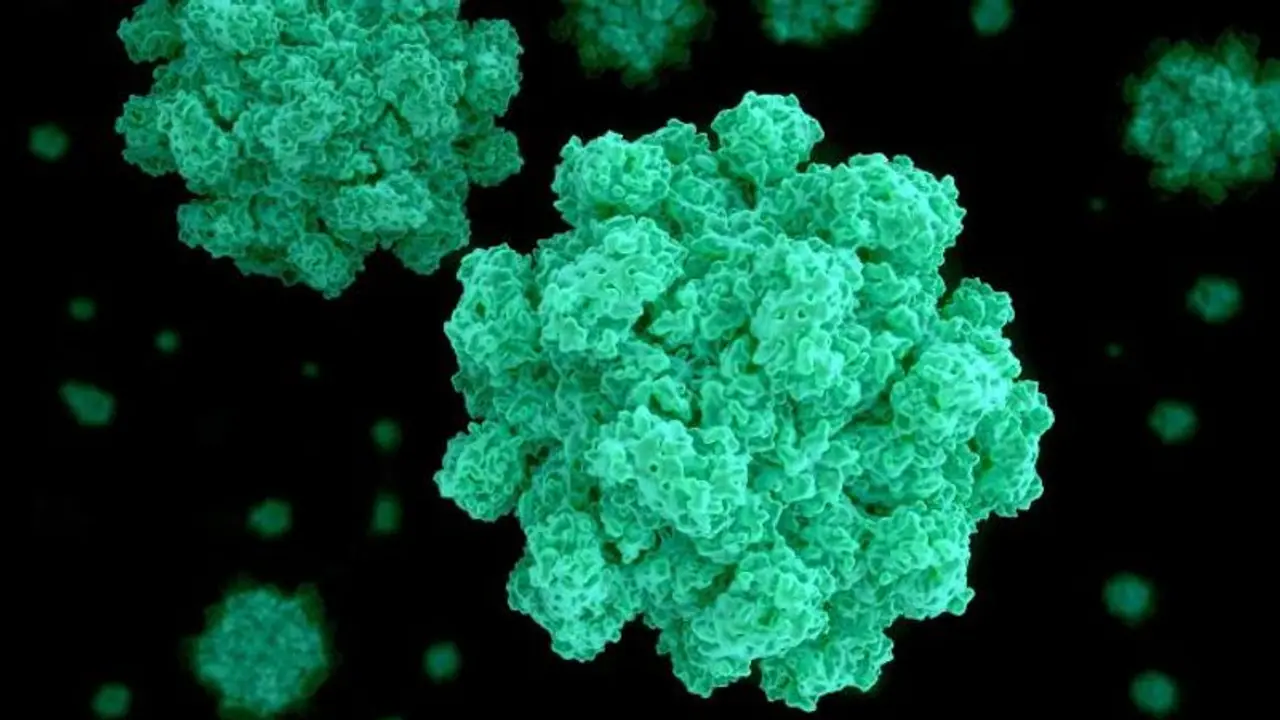Norovirus causes gastrointestinal illness, including stomach and intestine lining inflammation, severe vomiting, and diarrhoea.
The Kerala state government confirmed two cases of the 'highly contagious' Norovirus in two children on Sunday. The state health department has taken precautionary measures because the virus is thought to spread through contaminated water and food. Veena George, Kerala's health minister, urged people to practise good hygiene. "Norovirus has been diagnosed in two children, and their health is steady. There is no need to be concerned at this time, but everyone should be cautious and clean," as per PTI, she stated.

The infection was witnessed after eight students from a government upper primary school in Kayamkulam, Kerala's Alappuzha district, were admitted to a hospital on Saturday with symptoms of food poisoning. Following PTI, student samples were tested at a government lab. The virus, according to the state health minister, "can be cured" and "prevented from spreading."
The Norovirus causes gastrointestinal illness, including stomach and intestine lining inflammation, severe vomiting, and diarrhoea. The virus does not affect healthy people, but it can be fatal in young children, the elderly, and people with comorbidities. Close contact with infected persons or touching contaminated surfaces are both easy ways to spread the virus. It can also be spread by eating food prepared or handled by someone who has a stomach bug. The virus is also thought to spread through an infected person's faeces and vomit.
Norovirus is very contagious, and it spreads primarily through oral-faecal contact. Because the virus contains numerous strains, it is possible to become infected multiple times. Because norovirus is resistant to many disinfectants and may live at temperatures as high as 60°C, simply steaming food or chlorinating water is insufficient to eradicate the virus. Many common hand sanitisers are also resistant to the virus.
The illness is self-contained. Although the infection drains the patient's energy, it usually only lasts two or three days, and most people who aren't too young, too old, or malnourished can get through it with enough rest and hydration.
Hand-washing with soap after using the restroom or changing diapers is the most basic safeguard. Before eating or preparing food, it's critical to wash hands thoroughly. During an outbreak, disinfect surfaces with 5,000 parts per million hypochlorite solution. Real-time reverse transcription-polymerase chain reaction (RT-PCR) is used to diagnose the condition. The disease has no vaccines available. During the acute period, it's critical to stay hydrated. Rehydration fluids must be given intravenously to patients in the most severe situations.
Norovirus symptoms include diarrhoea, abdominal pain, vomiting, nausea, a high fever, headache, and body aches.
Also Read: Kerala government issues guidelines as state reports 13 Norovirus cases
Also Read: Norovirus breaks out in US casino; Over 200 people fall sick
Also Read: Weather update: Heavy rain expected in Kerala; thunderstorms, lightning in Bihar, Jharkhand
